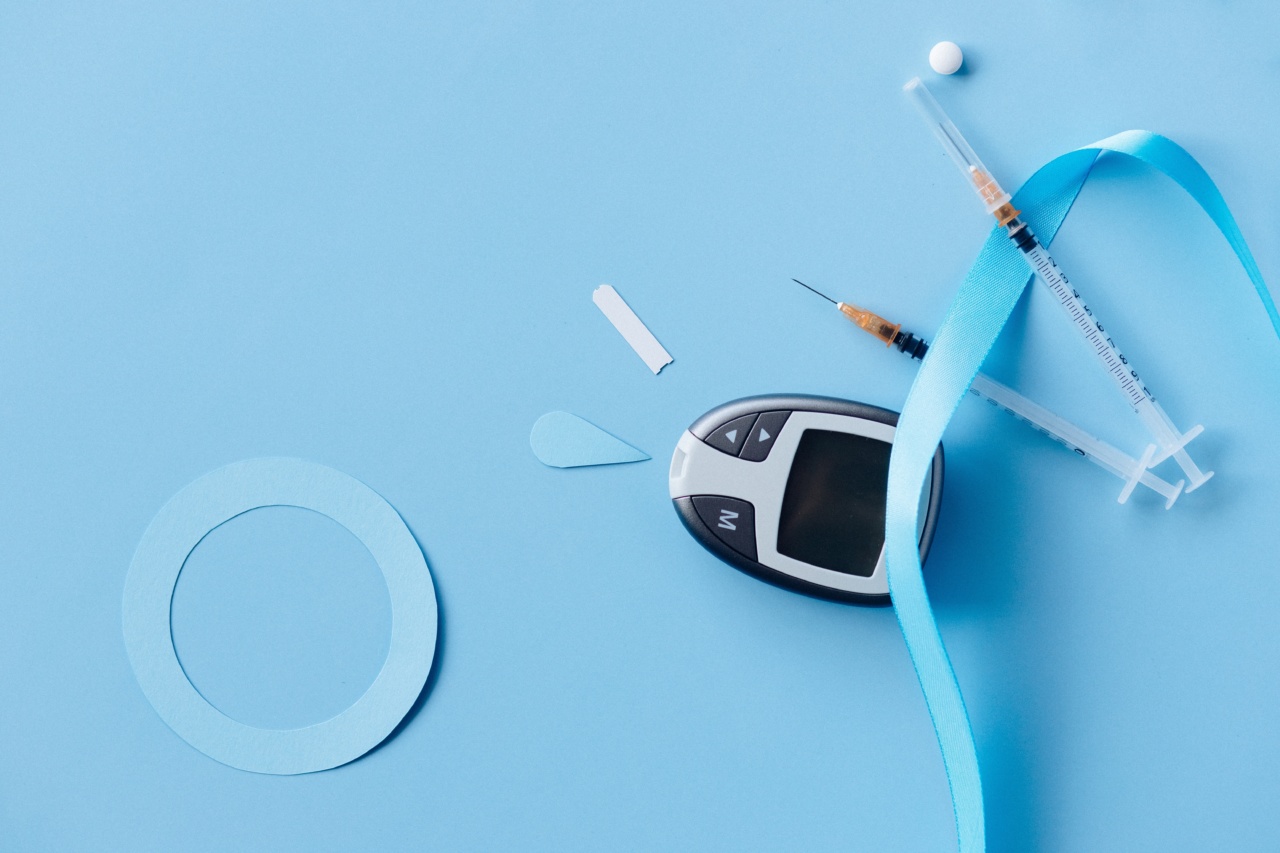There is great news for people with type 1 diabetes. A recent clinical trial has demonstrated that stem cell treatment can help people with type 1 diabetes produce insulin, which may eventually lead to a cure for the disease.
What is Type 1 Diabetes?
Type 1 diabetes is a chronic autoimmune disease that attacks the insulin-producing cells of the pancreas. This makes it difficult for the body to produce insulin, which is necessary to regulate the body’s blood sugar levels.
People with type 1 diabetes have to take insulin injections or use an insulin pump several times a day to manage their blood sugar levels and avoid complications.
Stem Cells and Type 1 Diabetes
Stem cells are the kind of cells that can turn into any type of cell in the body. This property makes them an excellent candidate for treating a range of diseases and conditions, including type 1 diabetes.
In a recent clinical trial, researchers used stem cells to treat people with type 1 diabetes. The treatment involved transplanting stem cells into the patients’ bone marrow.
After the transplant, the stem cells started producing insulin, something that they don’t usually do. This allowed the patients to reduce the number of insulin injections they needed to manage their diabetes.
The Results of the Clinical Trial
The clinical trial proved to be successful. The patients who received the treatment showed significant improvement in their blood sugar control as well as their overall health.
The results were so promising that the researchers plan to conduct further studies to determine the long-term effects of stem cell treatment for people with type 1 diabetes.
The Future of Stem Cell Treatment for Type 1 Diabetes
If further studies are successful, stem cell treatment could be an effective method to cure type 1 diabetes.
While the current treatment involves insulin injections, stem cell treatment has the potential to eliminate the need for insulin injections entirely. This would be a life-changing development for the millions of people living with type 1 diabetes worldwide.
The Risks of Stem Cell Treatment for Type 1 Diabetes
While the recent clinical trial has shown promising results, it is important to note that there are risks associated with stem cell treatment.
Since stem cells can transform into any type of cell in the body, there is a risk that they could form cancerous tumors. Additionally, the process of transplanting stem cells can be risky, and there is the potential for infection or rejection of the transplanted cells. It is important that any stem cell treatment be conducted with the utmost care and caution.
Conclusion
Stem cell treatment for type 1 diabetes is an exciting and promising development in the fight against the disease. While there are risks associated with the treatment, the potential benefits make it a worthwhile avenue of research.
As the research continues, we may eventually find a cure for type 1 diabetes that would allow people to live a life free from the burdens of insulin injections.





























